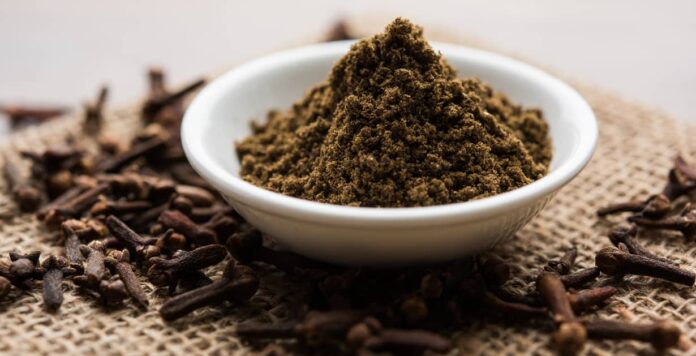Cloves are more than just a fragrant addition to your pumpkin pie—tiny brown buds with a distinct aroma. These strong little gems, which have a long history in traditional medicine, are packed with compounds that have a multitude of health benefits that go well beyond the kitchen counter.
Cloves may hold the secret to unlocking a healthier you, whether your goals are to reduce inflammation, strengthen your immune system, or take better care of your teeth, says Dr. Sanjay Kumar, a general practitioner at Cygnus Laxmi Hospital.
Cloves’ nutritional profile
The following is the nutritional profile of 100 grammes of cloves:
- Energy: 274 kilocalories
- Grammes of carbohydrates: 65
- 33 grammes of dietary fibre
- 2.4 grammes of sugars
- Six grammes of protein
- 13 grammes of fat
- Calcium, magnesium, iron, potassium, zinc, vitamin B6, vitamin C, vitamin K, and vitamin E
What health advantages does it offer?
Oral Health: Cloves are good for your oral health because they contain eugenol, a compound that has antibacterial qualities. They can lessen oral bacteria, ease toothaches, and freshen breath.
Digestive Health: Cloves promote the production of digestive enzymes, which helps with digestion. They can improve overall gastrointestinal health by reducing indigestion, gas, and bloating.
Anti-inflammatory: Flavonoids and eugenol are two substances that are thought to give cloves their anti-inflammatory qualities. They might support joint health and lessen inflammation brought on by ailments like arthritis.
Antioxidant: Packed with protective compounds that counteract free radicals and oxidative stress, cloves may help lower the risk of chronic illnesses like cancer and heart disease.
Blood Sugar Control: Cloves may be helpful for people with diabetes because some research indicates that they may help control blood sugar levels by increasing insulin sensitivity.
Respiratory Health: Because of their expectorant and antimicrobial qualities, cloves have been used in traditional medicine to treat respiratory ailments such as coughs, asthma attacks, and bronchitis.
Pain Relief: Because cloves have analgesic qualities, they can be applied topically to relieve pain, including headaches and sore muscles.
Can people with diabetes eat cloves?
According to Dr. Kumar, people with diabetes can eat cloves and possibly benefit from their possible ability to regulate blood sugar. Moderation is essential, though, as overindulging might have negative consequences.
Points to Remember
Although cloves are generally safe to eat, some people may be allergic to them, which could result in mild to severe allergic reactions.
Dr. Kumar cautioned that consuming an excessive amount of cloves or clove oil may result in nausea, gastrointestinal distress, or mouth irritation. Cloves naturally contain sugars as well, but most people don’t worry about it because they consume very little of it.
Facts and myths
Myth1: Diabetes can be cured with cloves.
Factual statement: Although they might aid in blood sugar regulation, cloves cannot treat diabetes.
Myth 2: Cancer can be cured by cloves.
Factual statement: Cloves have antioxidant qualities that may lower the chance of developing some illnesses, such as cancer, but they cannot treat cancer on their own.




























